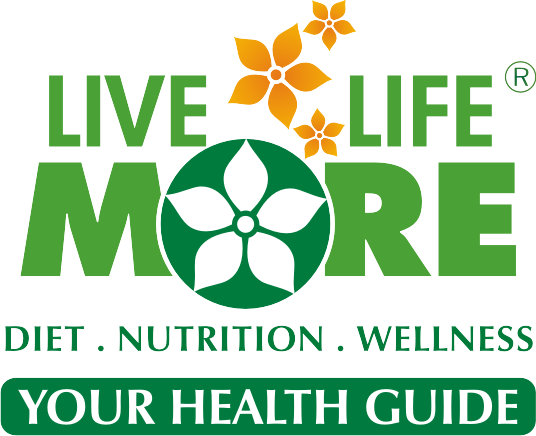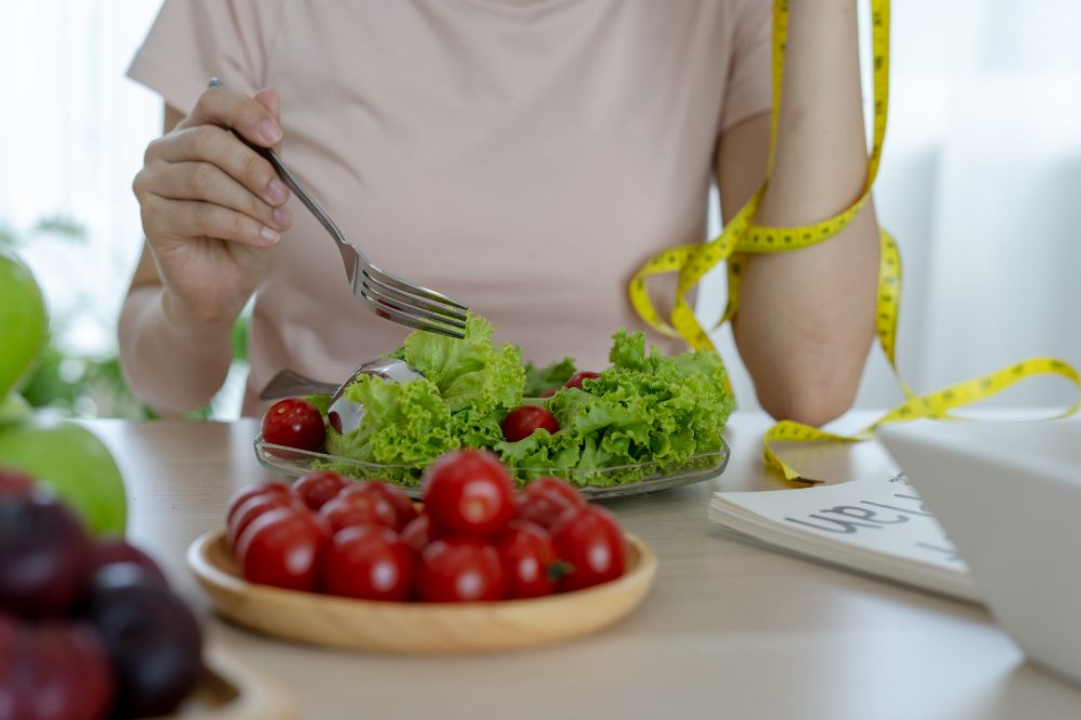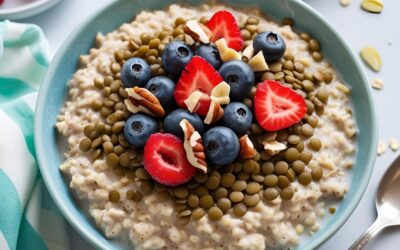Many people use the ketogenic diet plan because it effectively promotes weight loss and health enhancement. This diet encourages the body to utilize fat as its main energy source rather than glucose by reducing carbohydrate intake and increasing the consumption of healthy fats. Correct application of this approach results in significant weight loss, better mental clarity, and higher energy levels, as well as other changes. Choosing the correct foods for your diet will make your ketogenic path successful. Achieving your greatest outcomes depends on your choosing which items to maintain in your diet and which to exclude. To guarantee your ultimate achievement, let’s find together which certain foods should be included in your ketogenic diet.
The Importance of Healthy Fats in Your Keto Diet Plan
The cornerstone of any successful keto diet plan is healthy fats. Using this nutritional approach means that most of your daily calorie count should come from fats. Avocados, combined with olive oil and coconut oil give beneficial fats that our bodies need and carry vital elements. Through starting ketosis and lowering appetite sensations, healthy fats assist in controlling hormone levels and brain activity. Avocados include monounsaturated fats and fiber with low net carbohydrate levels, hence qualifying as a ketogenic meal choice.
Olive oil’s antioxidant qualities and anti-inflammatory action enhance general health maintenance by helping to define an exceptional fat source. Acting as a cooking medium or salad dressing improves the taste of many recipes. Medium-chain triglycerides in coconut oil quickly produce ketones to provide energy and boost fat loss.
Incorporating protein-rich foods into your diet can help maintain sustainable energy
Although they must eat it in lesser quantities than they do lipids, ketogenic dieters need protein. Through gluconeogenesis, the body converts excess protein into glucose, which prevents ketosis. Make sure your protein intake is enough to maintain muscular health while letting ketosis continue to be active. Select wild-caught fish and grass-fed beef, as well as free-range chicken and eggs, since they have vital nutrients that help improve heart health and fat metabolism.
Because of their balance of good fats and protein coupled with important omega-3 fatty acids, wild-caught salmon, together with mackerel and sardines, are among the best nutritional choices. Another ketogenic-friendly protein is eggs. Together with vital vitamins and minerals, including vitamin B12, choline, and selenium, eggs provide a range of vital elements, including protein.
Low-Carb Vegetables to Support Nutrient Density
Although all veggies provide vital nutrients, those fit for the ketogenic diet shine especially because of their low carbohydrate count. Along with very low carbohydrate levels, leafy greens such as spinach, kale, and Swiss chard provide high fiber and vital vitamins and minerals. These vegetables give meals like salads and smoothies vital nutrients and help to reduce blood sugar surges, so they add value to them.
While providing broccoli as a healthy side dish with protein-rich meals, cauliflower may be made into rice or mashed form, and zucchini may be used to produce zoodles. Although they have quite modest levels of carbs, these veggies offer plenty of fiber and antioxidants that support digestive health and general well-being. Eating a variety of low-carb vegetables helps your diet become properly balanced because of their necessary minerals and vitamins.
Importance of Hydration and Electrolytes in a Keto Diet
Since ketosis causes bodies to lose more water and electrolytes, those on the ketogenic diet should concentrate on hydration. To keep hydration levels up and prevent keto flu symptoms, you need to drink enough water and restore electrolytes, including salt and potassium, together with magnesium. While spinach provides potassium, which helps maintain your body’s electrolyte balance, bone broth supplies sodium. Magnesium derived from almonds and pumpkin seeds is vital for both relaxation systems and muscle action.
Bone broth provides collagen and gelatin that assist intestinal health and joint flexibility as well as hydration. Consuming electrolytes and enough water help prevent negative effects that show up during the first phase of ketogenic diet adaptation. Maintaining electrolyte balance by appropriate hydration and a diet of foods high in electrolytes helps to avoid headaches, tiredness, and muscle cramps.
Conclusion: Achieving Maximum Results on Your Keto Journey
Hence, to sum-up, effective ketogenic dieters stay hydrated and consume balanced amounts of low-carb veggies, protein-rich foods, and healthy fats, thereby reaching their health targets. The road to ketogenic success lies in knowing which foods both cause ketosis and advance general health. While following the ketogenic diet will maximize benefits, a balanced diet enables you to enjoy many delicious meals.
If you’re considering embarking on your keto journey, seeking guidance from a professional can be invaluable. A clinic such as LiveLifeMore Ideal Weight Loss & Wellness Clinic – Surrey BC can provide tailored advice and support to help you navigate your dietary choices and ensure you stay on track for long-term success. Remember, consistency and the right food choices are key to achieving and maintaining the results you desire.




